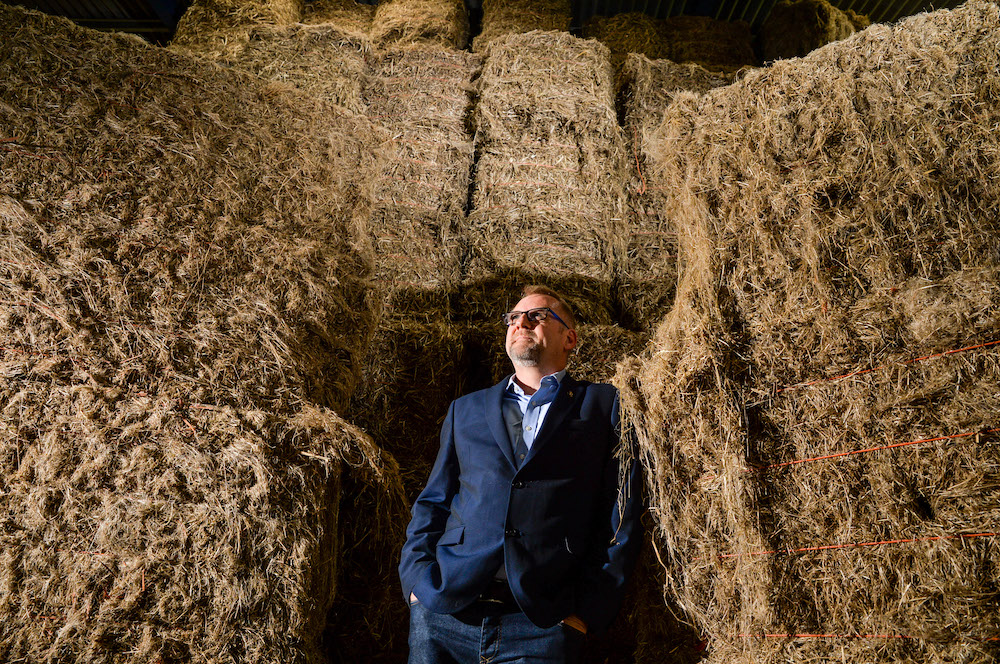
A 179-year-old Yorkshire bed maker has enhanced its sustainability credentials by becoming fully Carbon Neutral, following an independent audit of its business.
Following the assessment – done by sustainability experts at Carbon Footprint Ltd – Beeston-based Harrison Spinks, one of Great Britain’s most innovative bed manufacturers, is eligible to be classed as ‘Carbon Neutral +’, a new classification for businesses that go above and beyond full carbon neutrality.
The innovative manufacturer, which holds three Queen’s Awards including one for Sustainable Development, has its own farm where it rears sheep and grows hemp to create natural mattress fillings and owns a 56-acre sustainable forest which provides wood for its beds.
As well as announcing its Carbon Neutral + status, it has also launched an urban tree-planting scheme involving schools and community groups near its South Leeds headquarters.
The tree planting follows the luxury bed maker offsetting 3,824 tonnes of Carbon Dioxide by supporting the Solar Power Generation Verified Carbon Standard (VCS) project in India.
Simon Spinks, Managing Director at Harrison Spinks, said:
“For a business that’s proud to make some of the best, most comfortable and sleep-inducing mattresses in the world, there’s one thing that threatens to keep us awake at night – the future of our planet.
“We started our sustainability journey ten years ago, growing our own fillings and committing to sourcing natural fibres locally, and for the last decade our core business objective has been to change the way the world sleeps.
“We’ve been relentless in looking for more sustainable ways of working so we can look after our planet for future generations. It is for this reason we have made the pledge to not develop any new mattresses containing foam or glue and to eliminate foam from any existing product by 2020.
“We will soon be launching our foam-free and glue-free mattresses which not only offer better comfort, but avoid unnecessary landfill or incineration which happens to foam mattresses at the end of their useable life.
“This latest independent audit places us at the top of the carbon neutrality tree and we wanted to build on that, so we have approached schools and groups in neighbouring communities and offered to plant one-year-old trees – known as ‘whips’ – for them.
“Harrison Spinks is committed to doing the right thing for a sustainable future so we can all rest easy at night.”
John Buckley, Managing Director of Carbon Footprint Ltd, said:
“In these times of climate emergency, Harrison Spinks has taken the responsible step of having a robust measurement of its own green-house gas emissions completed and energy audits done across its sites.
“The business has a solid plan in place to reduce its own emissions. Alongside this, they are supporting carbon offset projects that fund solutions to climate change.”
Every year, Harrison Spinks grows almost 800 tonnes of natural fibre fillings for its mattresses.
By farming its own materials and manufacturing its own components, the company has been able to save more than 1,300 tonnes of CO2 every year.
This post is based on a press release issued on behalf of Harrison Spinks
Photo: Harrison Spinks MD Simon Spinks with the hemp harvest at the Harrison Spinks farm. Hemp is used as an eco-friendly natural mattress filling


